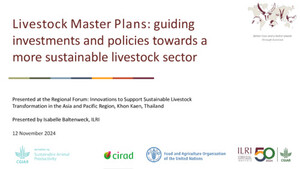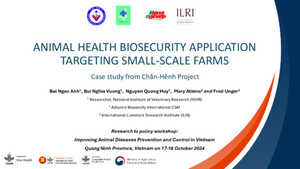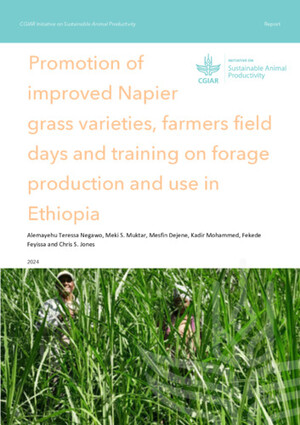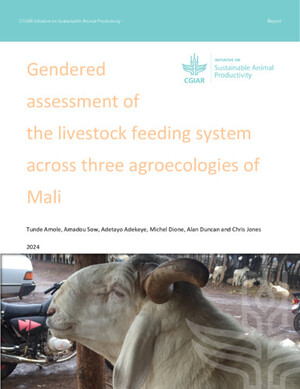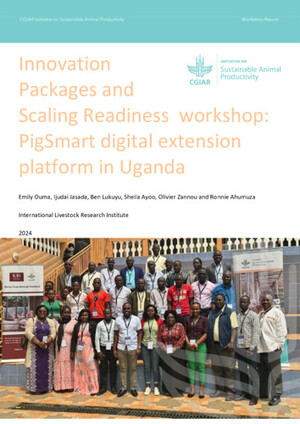
Measurement of competitiveness in smallholder livestock systems and emerging policy advocacy: An application to Botswana
Abstract
Farm level cross sectional data of 556 randomly selected livestock producers were used to investigate the competitiveness of smallholder beef farmers in Botswana. The results show the presence of inefficiency, with about 74% of the variation in actual profit from maximum profit (profit frontier) between farms mainly arising from differences in farmers’ practices rather than random variability. Further the mean profit efficiency level of 0.58 suggests that there is a substantial scope to improve beef profitability in Botswana. Significant profit efficiency drivers include, among others, education, distance to market, herd size, access to information and access to income from crop production. Considering the importance of livestock sector for wealth creation and poverty eradication in the rural areas where poverty is more pronounced, there is a need for appropriate development strategies and policies directed towards addressing these factors. In particular there is need to invest in market infrastructure in order to improve market access, hence profit efficiency of smallholder livestock farmers.
Citation
Bahta, S. and Malope, P. 2014. Measurement of competitiveness in smallholder livestock systems and emerging policy advocacy: An application to Botswana. Food Policy 49(2):408-417.





